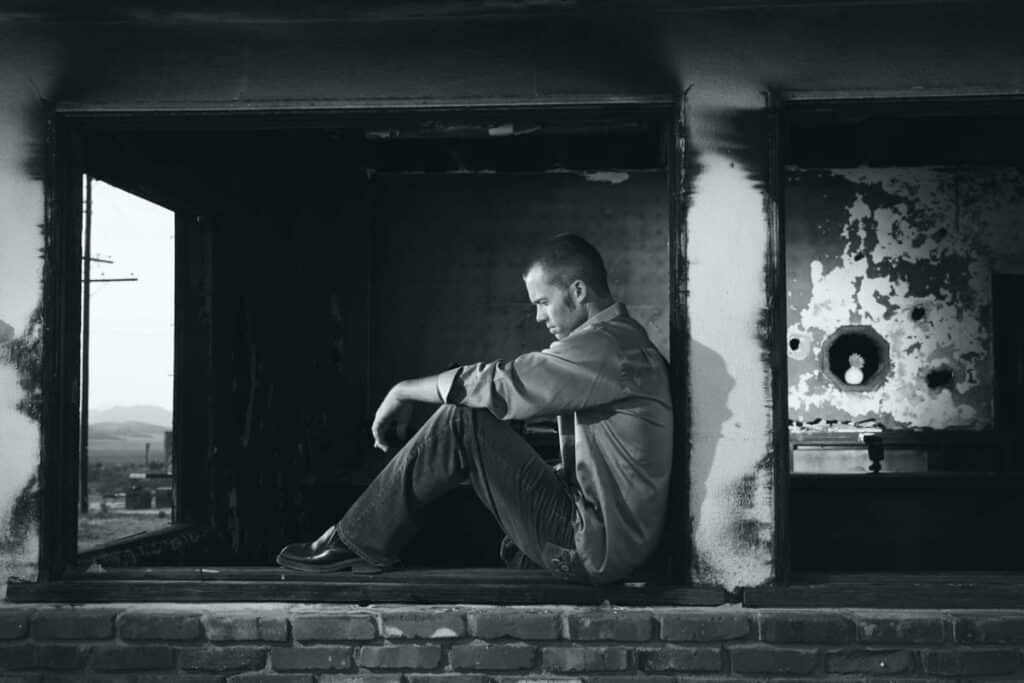As of 2019, Missouri had the seventh-highest rate of drug overdose deaths in the United States. In 2020, that number rose to the fifth highest. Of those overdoses, opioids were responsible for nearly 80%.
The fight against opioids is one that we all have to take part in – from lawmakers and medical professionals down to individual citizens. It’s going to take time and effort, but if we work together, we can make Missouri a safer place for everyone.
Opioid Withdrawal Symptoms

Opioid withdrawal symptoms can vary in severity, but they can significantly impact daily activities and routines. Possible opioid withdrawal symptoms include:
- Opioid withdrawal symptoms can include both physical and psychological symptoms.
- Physical symptoms of opioid withdrawal can include nausea, vomiting, diarrhea, muscle aches and pains, and increased heart rate.
- Psychological symptoms of opioid withdrawal can include anxiety, depression, irritability, and insomnia.
- Opioid withdrawal can also cause flu-like symptoms such as fever, chills, and sweats.
- Opioid withdrawal symptoms typically peak within a few days and then gradually subside over the course of a week or two.
Steps of an Opioid Detox Program

• Evaluation
The first step in an opioid detox program is to undergo a medical evaluation. This evaluation will help to determine whether or not you are a good candidate for detox and what level of care you will need.
• Stabilization
Once you have been determined to be a good candidate for detox, you will be stabilized with medication. This medication will help to reduce your withdrawal symptoms and make the detox process more comfortable.
• Tapering
After you have been stabilized, you will begin the process of tapering off of your opioids. This will be done gradually, over the course of several days or weeks, in order to minimize withdrawal symptoms.
• Detoxification
Once you have tapered off your opioids, you will undergo detoxification. This is the process of cleansing your body of drugs. Detox can be uncomfortable, but it is necessary in order to rid your body of the addiction.
• Rehabilitation
You will need to enter a rehabilitation program in order to recover from your addiction. Rehabilitation programs can vary in length, but they typically last for 30 days or more. During rehabilitation, you will receive counseling and other forms of treatment in order to help you recover from your addiction and learn how to live a sober life.
• Aftercare
It is important to participate in aftercare in order to maintain your sobriety. Aftercare typically includes participation in a 12-step program or another support group, as well as individual counseling
Treatment Options for Opioid Addiction
• Medication-Assisted Treatment
One treatment option for opioid addiction is medication-assisted treatment (MAT). MAT involves the use of medications, such as methadone or buprenorphine, to help people wean off opioids.
These medications work by binding to the same receptors in the brain as opioids, but they are much weaker and do not produce the same euphoric effects. Additionally, MAT programs typically also include counseling and behavioral therapies to help people change their drug-using behaviors.
• Inpatient Treatment
Inpatient treatment is another option for those struggling with opioid addiction. Inpatient treatment programs typically last for 28 days and provide 24-hour supervision and care.
During treatment, people will receive individual and group counseling, as well as medication-assisted treatment if necessary. Inpatient treatment can be very effective, but it is also one of the most expensive options.
• Outpatient Treatment
Outpatient treatment is a less intensive option than inpatient treatment, but it can still be very effective for those struggling with opioid addiction.
Outpatient programs typically involve weekly individual and group counseling sessions, as well as medication-assisted treatment if necessary. While outpatient treatment requires less time and commitment than inpatient treatment, it may not be appropriate for everyone.
• Sober Living Homes
Sober living homes are another option for those in recovery from opioid addiction. Sober living homes provide a safe and structured environment for people in early recovery.
Residents of sober living homes are typically required to follow certain rules, such as abstaining from drugs and alcohol, attending 12-step meetings, and working or attending school full-time. Sober living homes can be a great option for those who need more structure than an outpatient program but are not ready for inpatient treatment.
Get Help Today
Grand Falls Center For Recovery stands ready to provide professional case management with experienced counselors, helping those needing an opioid addiction program design one that meets their needs.
Don’t wait any longer — contact us today

